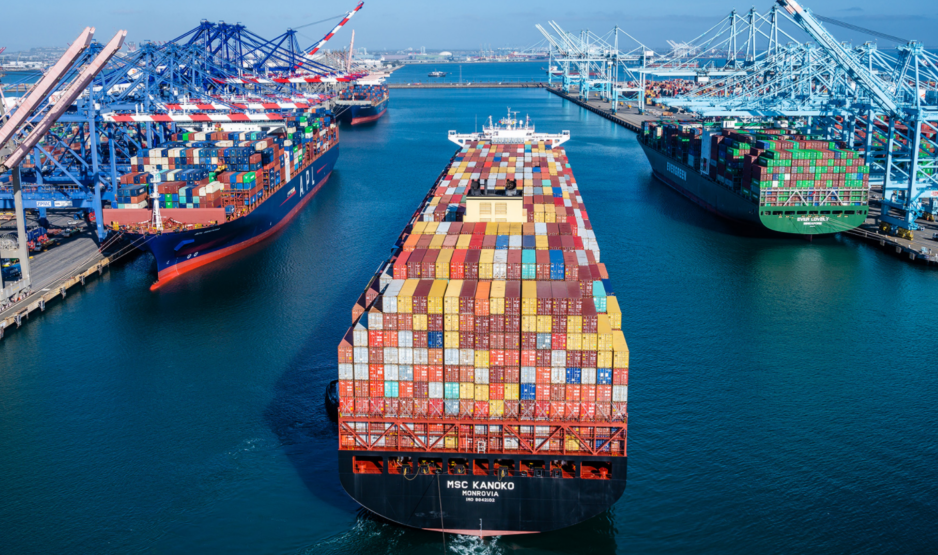WASHINGTON – The bipartisan Ocean Shipping Reform Act of 2022 is getting a renewed push in Congress and by President Biden.
Billed as the largest overhaul of shipping regulations since the 90s, the act aims to strengthen the Federal Maritime Commission, enabling to investigate late fees imposed by carriers while prohibiting carriers and terminals from refusing to fill any available cargo space.
“There’s only nine shipping companies, nine, N-I-N-E, major ocean line shipping companies who ship from Asia to the United States,” Biden said in a video posted by the White House this week. “These companies have raised their prices by as much as 1,000%.”
Over the past 10 years, the White House says these nine carriers have increased their control of the market – now accounting for 80% of global container shipping by volume and controlling 95% of the critical East-West trade lines.
In the video, Biden calls on the House of Representatives to pass the legislation, which has already passed in the Senate.
“I expect it to be voted on very shortly, and I expect it to pass,” he said.
Biden is also seen taking phone calls from retail leaders and farmers.
“We were paying $3,500 a container in 2020, and then by September, October of last year, we were paying upwards of $20,000 to $25,000,” Tractor Supply CEO Hal Lawton told Biden over the phone.
Fabric and craft retailer Jo-Ann Stores CEO Wade Miquelon said the company has seen a $100 million increase in shipping costs. “We’re not a huge company, but that $100 million increase that they passed onto us is, you know, more than our entire profit,” he told Biden.
Specifically, the Ocean Shipping Reform Act would:
- Stop international ocean carriers from unreasonably declining American cargo, as determined by the FMC in new required rulemaking.
- Direct the FMC to self-initiate investigations of ocean carrier’s business practices and apply enforcement measures.
- Shift the burden of proof regarding overcharging certain fees, called “demurrage and detention” charges, from the complainant to the international ocean carriers to help level the playing field and improve the FMC’s enforcement capacity.
- Improve transparency of movement of U.S. agricultural and other exports by requiring international ocean carriers to report to the FMC regarding how many empty containers are being transported.
- Stop retaliation by international shipping companies against exporters and importers.
- Formally establish the FMC Office of Consumer Affairs and Dispute Resolution Services to improve the complaint and investigation process for American businesses seeking assistance from the FMC.
- Improve chassis management by authorizing the Bureau of Transportation Statistics to collect data on dwell times for chassis and including a National Academy of Sciences study on best practices of chassis management.
- Direct the FMC to have temporary emergency authority to collect data during times of emergency congestion, among other improvements.
See more here.


